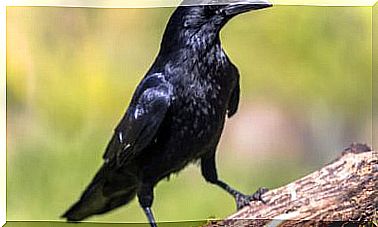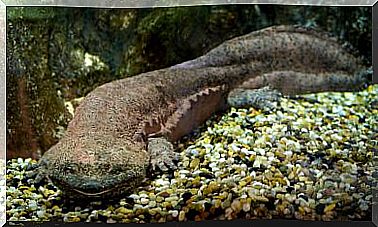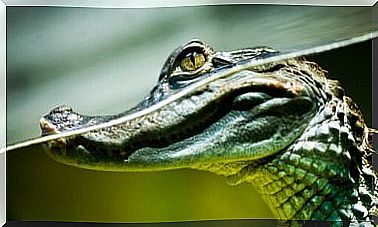Why Is It Important To Avoid Parasites In Pets?
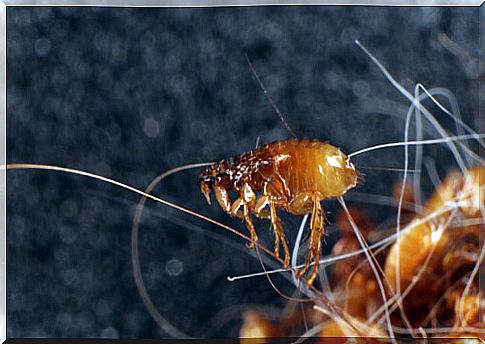
Most guardians will have seen a tick or flea on their dog’s fur in their lifetime. Humans and other animals live with parasites naturally, and these come in different shapes and sizes, in order to invade our body systems in the most efficient way possible. Even so, the damages that these opportunistic living beings can generate go beyond a mere bite or injury. Here’s why it’s important to avoid parasites in pets.
The world of parasites
Ironically, parasitism is considered a type of symbiosis, since it is an interaction in which one of the two components (the parasite), obtains some type of benefit. The host, in almost all cases, loses out.
There are different types of parasites depending on their location in the animal’s body:
- Ectoparasites: they live in contact with the outside of the host, for example, fleas, ticks, or mosquitoes. They are the best known, since we can observe them with the naked eye and interact with them.
- Endoparasites: they live inside the host’s body. These are in turn differentiated into extracellular (outside the cells of a specific animal tissue) or intracellular (within them). An example of an extracellular parasite is the tapeworm, which anchors itself on the surfaces of the intestinal mucosa and feeds on the animal’s food. Although it sounds strange to us, viruses can be considered intracellular parasites, since they invade cells and reproduce in them.
- Mesoparasites: They present a part of their body on the outside, and another anchored in the host’s tissue. These are the least common.
According to their life cycle, we can also differentiate two types:
- Obligate parasite: it needs a host to complete its life cycle. Ticks, for example, cannot survive without the blood of a vertebrate. Therefore, they necessarily have to anchor themselves to it in order to reproduce and leave offspring.
- Facultative parasite: it can parasitize or develop freely. Various species of flies can lay their eggs on the corpses or tissues of live animals depending on the situation, so they do not require moving animals to close their cycle.
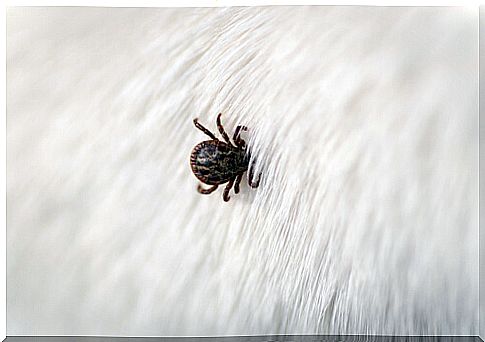
Why is it important to avoid parasites in pets?
Most of the parasites of domestic animals are small invertebrates, and although in most cases they generate temporary discomfort of little importance, in large quantities or at specific times they can cause severe pathologies. Here are two very important reasons why you should not allow these little beings to reach your pet.
They take advantage of the animal’s nutrients
Most parasites feed on the blood of vertebrates. This liquid is a precious commodity, as it contains proteins, mineral salts and water. A correct concentration of these elements is necessary for the animal to carry out its vital functions. The presence of parasites can cause symptoms such as:
- Cough.
- Vomiting and diarrhea if they are located in the intestinal tract.
- Tiredness, decay, and loss of shine in the coat or feathers. After all, parasites take away protein components essential for their well-being.
- Respiratory problems and fatigue.
All these reasons are in themselves compelling reasons not to allow the presence of parasites in pets, but we still have more.
They are vectors of other worse diseases
Due to their close relationship with the vertebrate bloodstream, many microorganisms such as bacteria and protozoa exploit parasites as vehicles for infection. This is why there are so many diseases linked to mosquito bites.
An excellent example is the flatworm Dipylidium caninum. This tapeworm, in its larval form, digs into fleas, waiting for a dog or cat to accidentally eat them during grooming. Once it is in the body of the mammal, the larva becomes an adult, and can be up to 70 centimeters long.

An obligation on the part of guardians
Dogs, cats, other small mammals and even birds cannot speak to tell us what is bothering them. Let’s imagine for a moment that we have a tick attached to our back, and because we cannot access it, it is continuously biting us. Sounds awkward right?
That is why it is necessary to carry out periodic checks on the animal’s fur, especially in hot weather such as spring and summer. It is the guardian’s obligation to keep the pet healthy and free of parasites.


